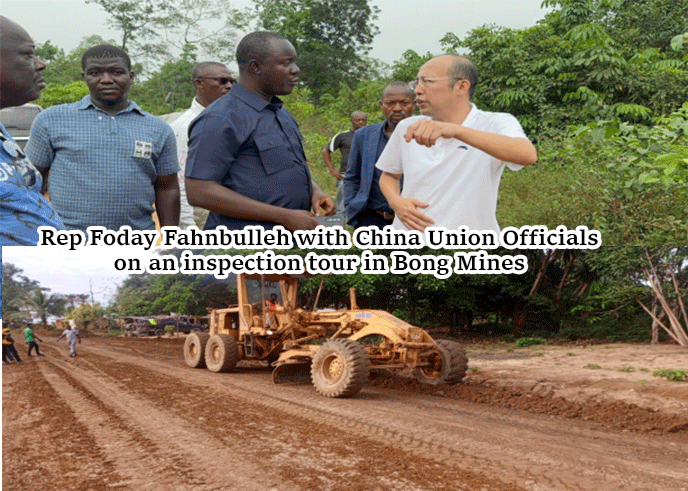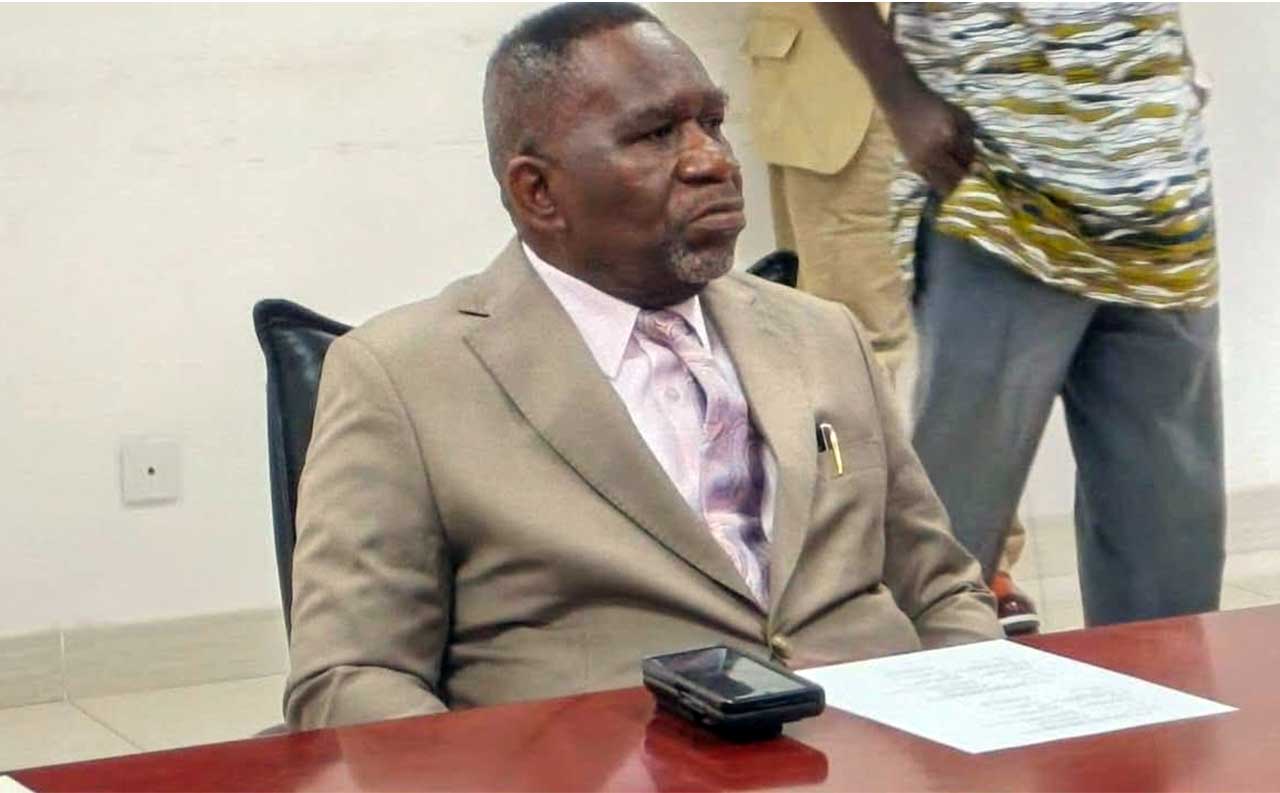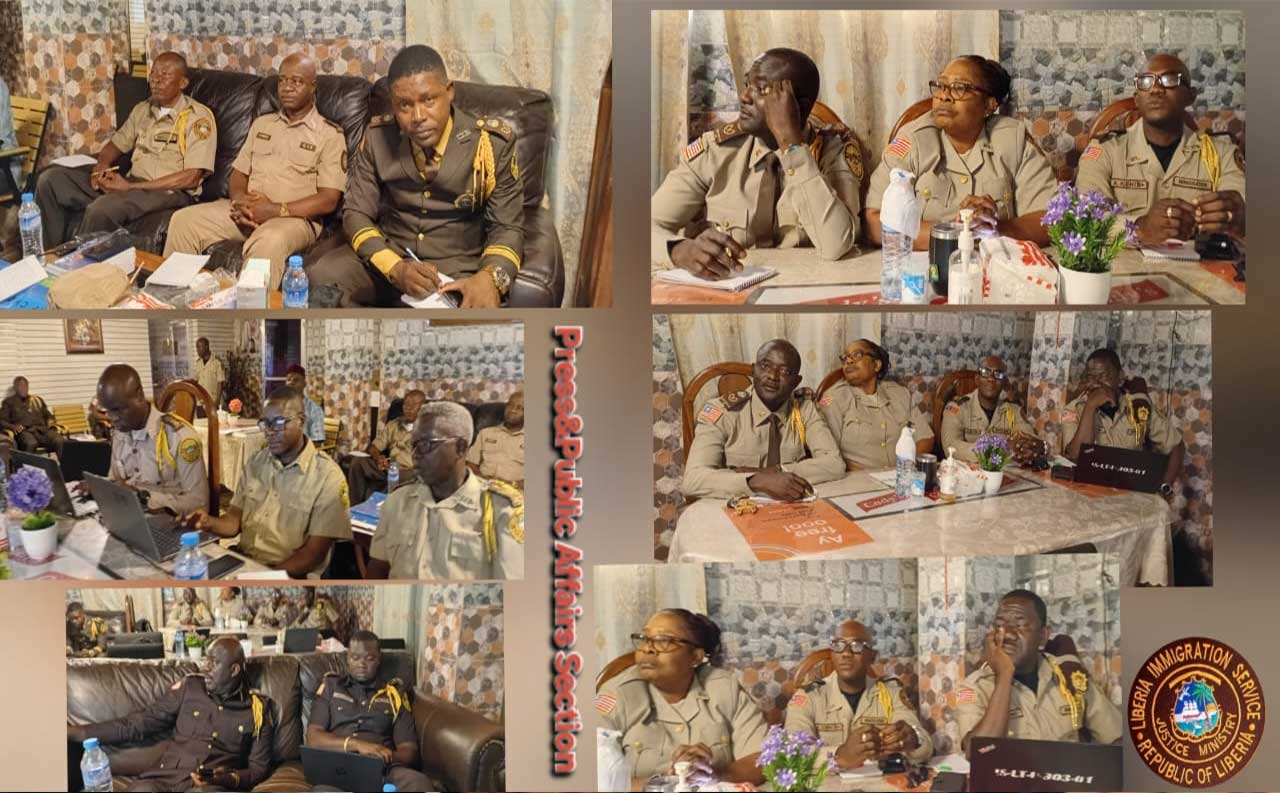China Union has embarked on road rehabilitation in Fuamah, Bong County District #7, following significant pressure from the House of Representatives.
The company is currently reconditioning the road from Haindii to Kakata, in compliance with the mandate of the House’s Plenary.
A visit to Bong Mines over the weekend revealed numerous China Union earth-moving equipment working on the 17km road, which has been in disrepair for many years.
The current work on the road by the once-heralded $2.6 billion Chinese mining firm is part of a series of mandates given to the company in April after a Joint Legislative Investigative Committee found it in gross breach of its Mineral Development Agreement (MDA).
The committee report accused China Union of neglecting nearly all its responsibilities under the MDA, including failure to honor corporate social responsibilities and failure to pay benefits to host communities despite extracting millions of tons of ore over the years.
The report stated, “The delegation discovered that there is complete noncompliance by China Union in accordance with the MDA.”
The investigation also uncovered a wide range of additional breaches, such as subcontracting agreements with other Chinese companies without the knowledge and involvement of the Liberian government, the construction of a factory, and the importation of chemicals.
Acting on the investigative report, the House’s plenary mandated China Union to address several short- and long-term requirements.
These include the immediate commencement of all social security remittances, payments to the communities, regular renovation of all roads in the Goma and non-Goma deposit areas, and provision of the annual special benefit of $3.5 million.
Before the Plenary’s decision, China Union, in a communication to the joint committee on February 22, 2024, admitted lapses in executing its MDA and blamed unnamed challenges for neglecting its responsibilities to the communities.
Following the Plenary’s mandate, Fuamah-Sannoyea District Representative Foday Fahnbulleh said, “I have not rested, and I will ensure that after 15 years of treating our people like nothing, China Union will pay its fair share of commitment to our communities.”
He told our reporter that apart from the road rehabilitation work, China Union will be made to recondition the Bong Mines Hospital and the Bong Central High School and run these facilities in accordance with the MDA.
“We have toured the Kakata-Haindii road, all of the non-Goma roads, the Bong Mines Hospital facilities, and the Bong Central High School with the management and technical engineers of China Union and await their response,” he said, stressing, “Legislative oversight and corporate accountability are the way to lasting development in Liberia.”
Meanwhile, residents along the Kakata-Haindii road have praised Fahnbulleh and the House for mounting pressure on China Union over the last three months to ensure the company delivers for them. Roland Myers, one of the residents in Fuamah, said, “We are happy that our vote is not wasted.
We trust that our lawmaker will be on their back and they will do what they are supposed to do.”
“China Union has disrespected us and treated us with no regard, and we are tired, but we are thankful that something good is happening,” said another resident.
“Look at the train they carry the iron ore in, look at the communities they are taking the iron ore from, and see how we live here, my brother.
The Chinese people don’t mean well. I think they must leave,” said Martha Sumo, who lives in Fuamah. “My brother, does this place look like a place where a million-dollar company is working?” she questioned, expressing frustration over the lack of water, good schools, and clinics.
China Union says that it has now “commenced operations” and is working to ramp up production capacity to the maximum feasible level. “We are determined to remain in full compliance with our MDA and all its related responsibilities,” the company stated.
When Ellen Johnson Sirleaf assumed the presidency of Liberia in January 2006, she repeatedly assured the Liberian people that her administration would focus on creating employment, particularly within the mining sector. This sector was identified as crucial for addressing the country’s high unemployment rate.
In 2007, hopes were initially pinned on a billion-dollar partnership with steel giant ArcelorMittal, but the global financial crisis dampened the project’s outcomes. Optimism was reignited in April 2010 when the then largest agreement in Liberia’s history, valued at $2.6 billion, was signed with China Union. China Union paid an initial $40 million signature fee before commencing full-scale operations.
However, the MDA made with China Union for mining exploration in central Liberia—one of Liberia’s largest mining regions—like many controversial Chinese investments across Africa, has turned out to be almost a failure in terms of employment, social benefits, and living up to the terms of the agreement.



